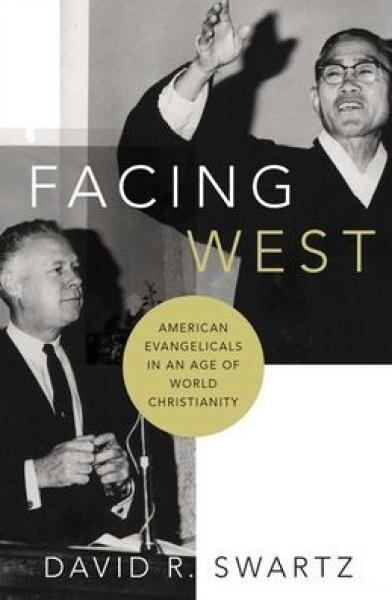Description
the American Church. Fiery speeches by Ecuadorian Ren� Padilla and Peruvian Samuel Escobar revealed a global weariness with what they described as an American style of coldly efficient mission wedded to a myopic, right-leaning politics. Their bold critiques electrified Christians from around the
world.
The dramatic growth of Christianity around the world in the last century has shifted the balance of power within the faith away from traditional strongholds in Europe and the United States. To be sure, evangelical populists who voted for Donald Trump have resisted certain global pressures, and
Western missionaries have carried Christian Americanism abroad. But the line of influence has also run the other way. David R. Swartz demonstrates that evangelicals in the Global South spoke back to American evangelicals on matters of race, imperialism, theology, sexuality, and social justice. From
the left, they pushed for racial egalitarianism, ecumenism, and more substantial development efforts. From the right, they advocated for a conservative sexual ethic grounded in postcolonial logic. As Christian immigration to the United States burgeoned in the wake of the Immigration Act of 1965,
global evangelicals forced many American Christians to think more critically about their own assumptions.
The United States is just one node of a sprawling global network that includes Korea, India, Switzerland, the Philippines, Guatemala, Uganda, and Thailand. Telling stories of resistance, accommodation, and cooperation, Swartz shows that evangelical networks not only go out to, but also come from,
the ends of the earth.
"The dramatic growth of Christianity around the world in the last century has shifted the balance of power within the faith away from the traditional strongholds of Europe and the United States to the Global South. While we typically imagine Western missionaries carrying religion to the ends of the earth, David R. Swartz shows that the line of influence has often run the other way, as evangelicals in nations such as Korea, India, and Uganda shaped the American church from abroad. Swartz tells stories of evangelicals crossing national boundaries, offering new insights into a tradition that imagines itself as simultaneously American and part of a global communion"--
"Beautifully researched and creatively conceived, Facing West is a remarkable account of American evangelicalism in its transnational context, one that turns our focus toward the contributions of believers in the global South. This expansive history moves from the Cold War to the war against human
trafficking, from Korea to Latin America to East Africa, and Swartz is the intelligent, rigorous, and yet generous guide we need to understand the global politics of a border-crossing community. A truly impressive book." -- Melani McAlister, Professor of American Studies & International Affairs,
George Washington University
"If U.S. evangelicalism is to have any future beyond its current state of incessant and unproductive navel gazing, it must find rooting in and expression through World Christianity. Swartz offers a necessary and illuminating global lens for the emerging evangelical narrative, one that has moved far
beyond its assumed Western moorings. Covering a breadth of important historical narratives, this text offers a scholarly glimpse into the possibilities of world evangelicalism, which could even include U.S. evangelicalism." -- Soong-Chan Rah, author of The Next Evangelicalism
"Facing West is a fascinating and important book that can help reorient perspectives of American evangelicals. Swartz provides a balanced and thoughtful guide to understanding what American evangelicals have learned, and might learn, from the vast majority of world Christians who are not following
American scripts." -- George Marsden, co-editor of Evangelicals, Who They Have Been, Are Now, and Could Be
Product Details
- Oxford University Press, Brand
- May 7, 2020 Pub Date:
- 0190250801 ISBN-10:
- 9780190250805 ISBN-13:
- 336 Pages
- 9.4 in * 6.4 in * 1.2 in Dimensions:
- 1 lb Weight:




